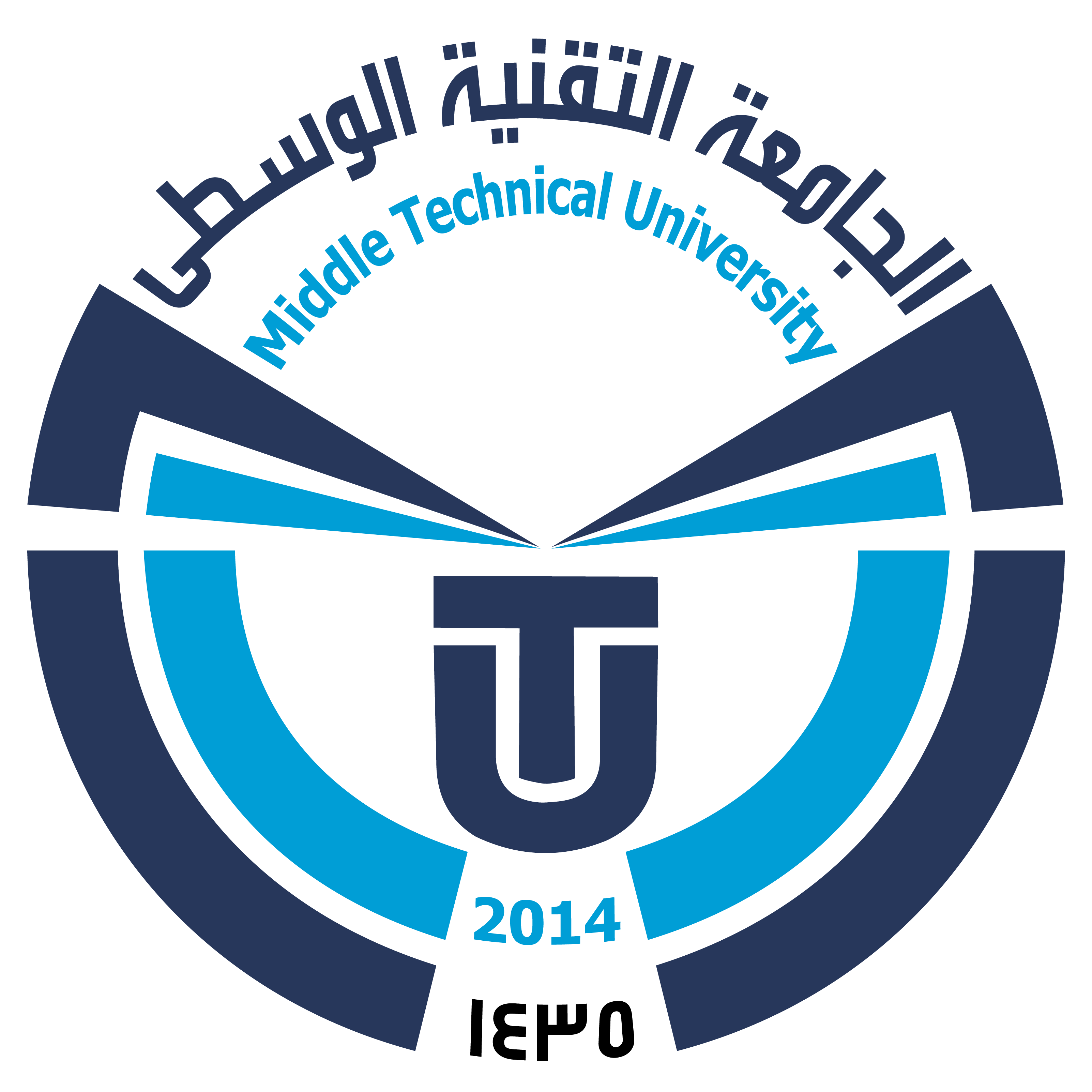
Journal Information
- Journal Name: InfoTech Spectrum: Iraqi Journal of Data Science
- ISSN: 3007-5467 (Online)
- Publisher: Middle Technical University
- Frequency: Biannual
- Publication Fees: Free
- DOI Prefix: 10.51173/ijds
- Language: English
- Journal Template: (Download)
- Copyright Agreement: (Download)










